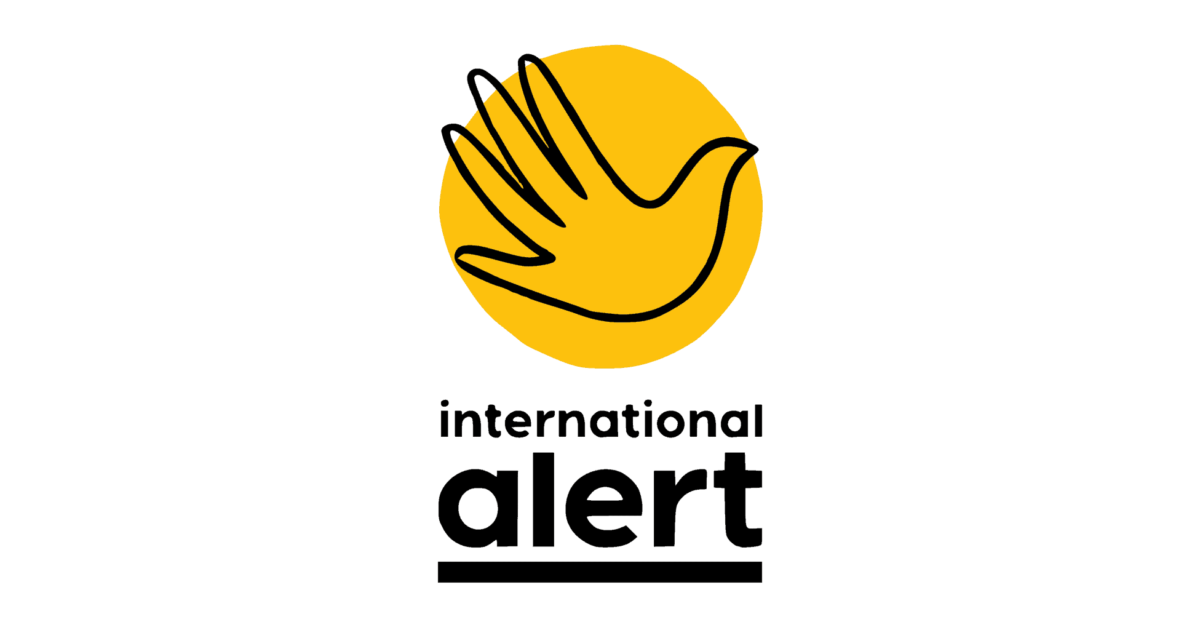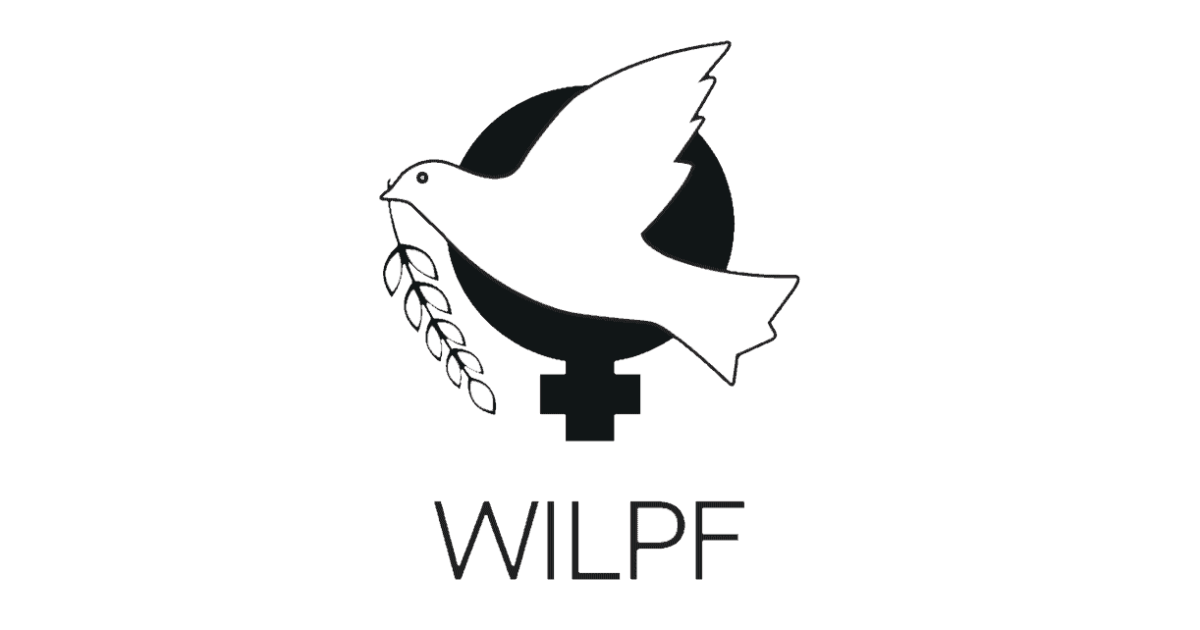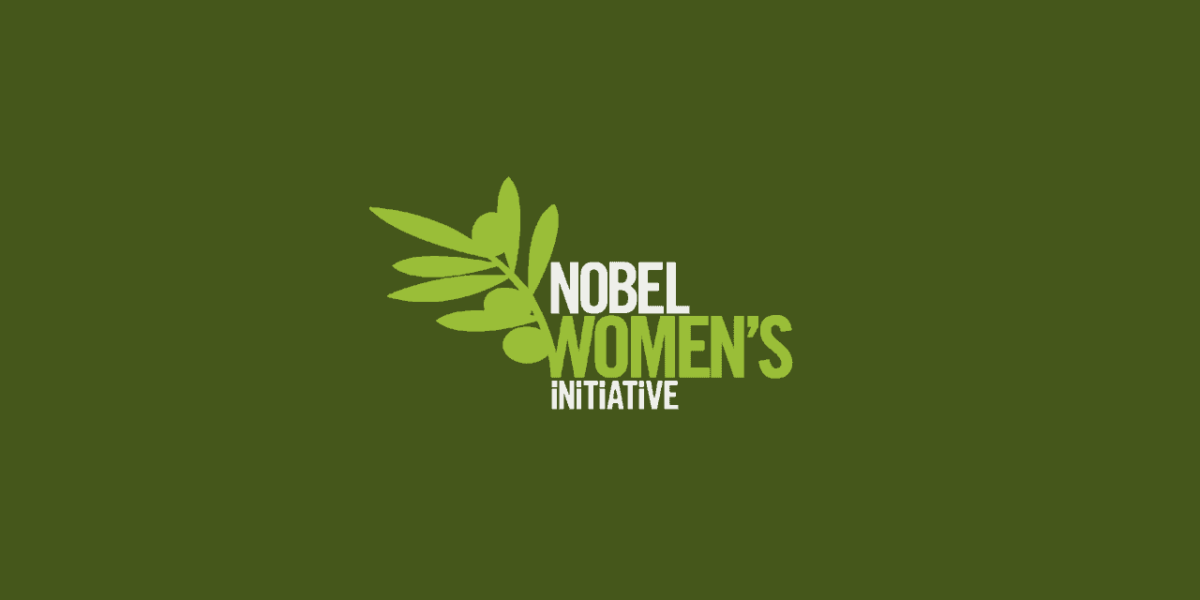Democratic Republic of the Congo
Women in the Democratic Republic of Congo continue to face widespread sexual violence, disease, and displacement in conflict situations arising from clashes between dozens of armed groups. Often, sexual violence and rape are used as terror tactics and weapons of war, and despite the ratification of the Convention on the Elimination of All Forms of Discrimination against Women (CEDAW) and the Women’s Platform for the Peace, Security and Cooperation Framework, women are still largely underrepresented in peacebuilding efforts. Additionally, women activists face rape as a form of torture by government actors who disagree with their political activity. The United Nations Organization Stabilization Mission in the DRC (MONUSCO) aims to provide protection for civilians, including reducing the threat of armed groups perpetrating sexual and gender-based violence, monitoring and reporting on sexual violence and ensuring women’s participation in stabilization and national political dialogue.
Democratic Republic of the Congo
Women in the Democratic Republic of the Congo continue to face widespread sexual violence, disease, and displacement in conflict situations arising from clashes between dozens of armed groups. Often, sexual violence and rape are used as terror tactics and weapons of war, and despite the ratification of the Convention on the Elimination of All Forms of Discrimination against Women (CEDAW), and the Women’s Platform for the Peace, Security and Cooperation Framework, women are still largely underrepresented in peacebuilding efforts.
Additionally, women activists face rape as a form of torture by government actors who disagree with their political activity. The United Nations Organization Stabilization Mission in the DRC (MONUSCO) aims to provide protection for civilians, including reducing the threat of armed groups perpetrating sexual and gender-based violence, monitoring and reporting on sexual violence and ensuring women’s participation in stabilization and national political dialogue.
Current and Past Recommendations to the UN Security Council (Monthly Action Points)
The human rights and humanitarian crisis in eastern Democratic Republic of Congo (DRC) has sharply worsened over recent weeks and months, as the civilian population has suffered at the hands of armed groups who have expanded their operations, first during the restructuring of the Congolese army (FARDC) in 2011 and then during recent fighting between the M23 armed group and the FARDC. The Council should:
- Ensure the DRC government deploys properly trained and fully vetted professional security forces in areas where the civilian population is faces particular threat, notably Masisi and Walikale territories of North Kivu province;
- Urgently review MONUSCO’s resources to ensure that troops are deployed to ensure effective civilian protection;
- Ensure that MONUSCO forces take all practical measures to protect the civilian population against human rights abuses, including by offering human rights defenders at serious risk sanctuary in MONUSCO premises;
- Assist the DRC government in ensuring effective action is taken to end sexual violence, including necessary legal reforms;
- Support programmes to ensure that survivors of sexual and gender-based violence have full and equal access to justice, prompt and effective reparations, medical and psychological care, as well as legal and social services; and
- Exert pressure on the DRC government to ensure protection of civilians in IDP camps, in particular women and girls.
The human rights and humanitarian crisis in eastern Democratic Republic of Congo (DRC) has sharply worsened over recent weeks and months, as the civilian population has suffered at the hands of armed groups who have expanded their operations, first during the restructuring of the Congolese army (FARDC) in 2011 and then during recent fighting between the M23 armed group and the FARDC. The Council should:
- Ensure the DRC government deploys properly trained and fully vetted professional security forces in areas where the civilian population is faces particular threat, notably Masisi and Walikale territories of North Kivu province;
- Urgently review MONUSCO’s resources to ensure that troops are deployed to ensure effective civilian protection;
- Ensure that MONUSCO forces take all practical measures to protect the civilian population against human rights abuses, including by offering human rights defenders at serious risk sanctuary in MONUSCO premises;
- Assist the DRC government in ensuring effective action is taken to end sexual violence, including necessary legal reforms;
- Support programmes to ensure that survivors of sexual and gender-based violence have full and equal access to justice, prompt and effective reparations, medical and psychological care, as well as legal and social services; and
- Exert pressure on the DRC government to ensure protection of civilians in IDP camps, in particular women and girls.
Relevant Resources









